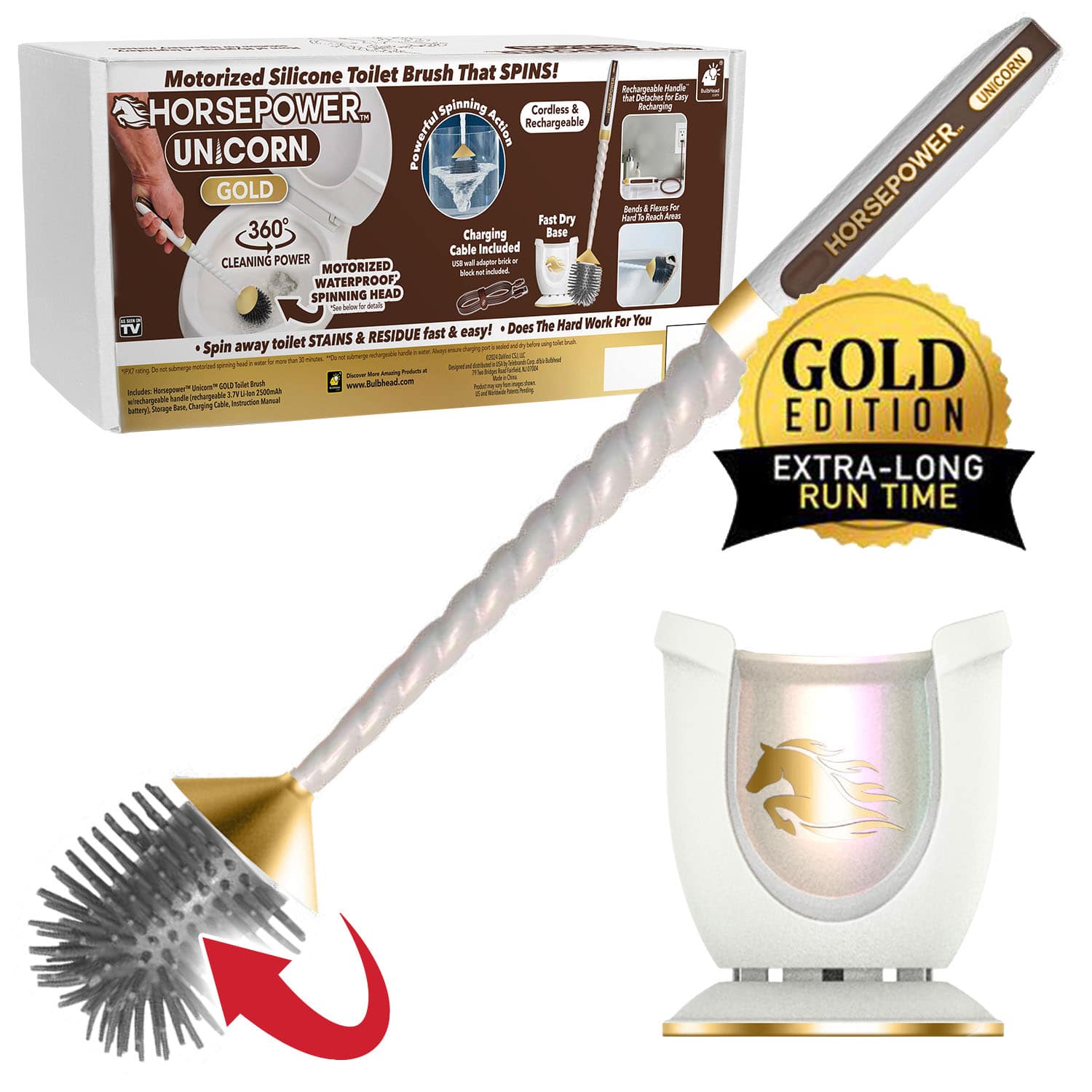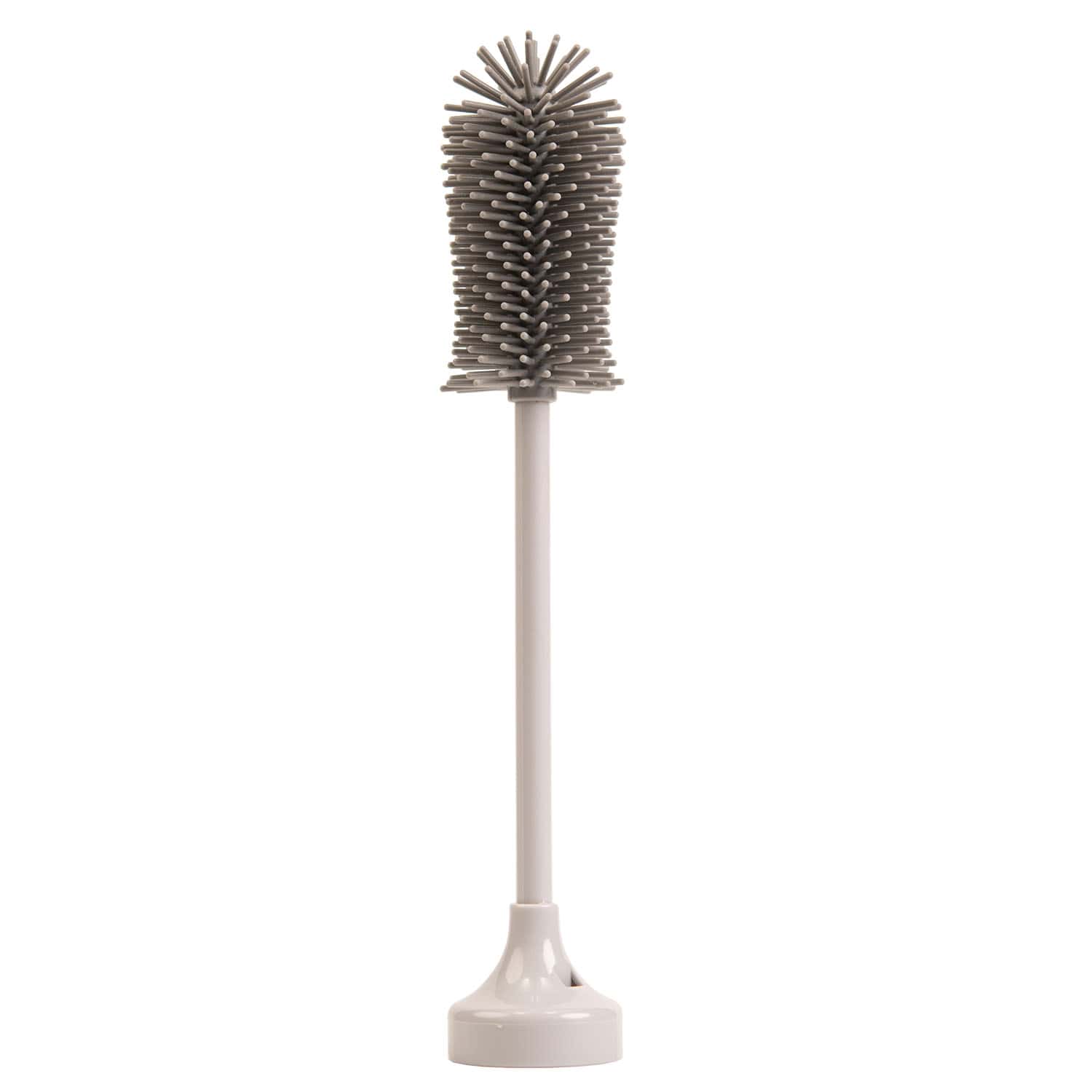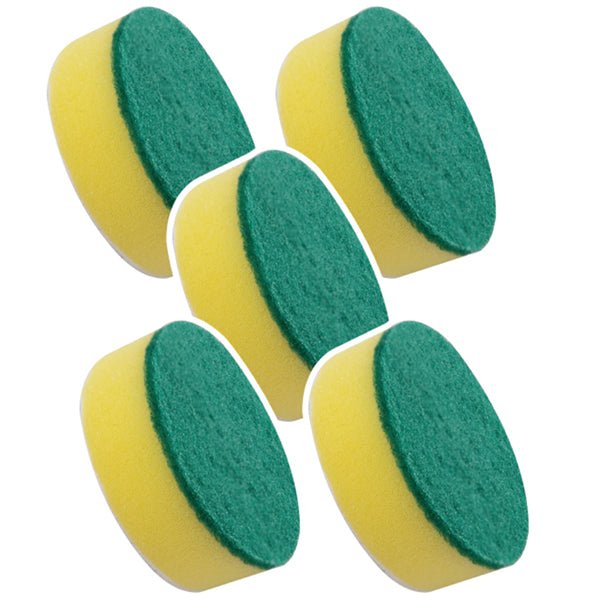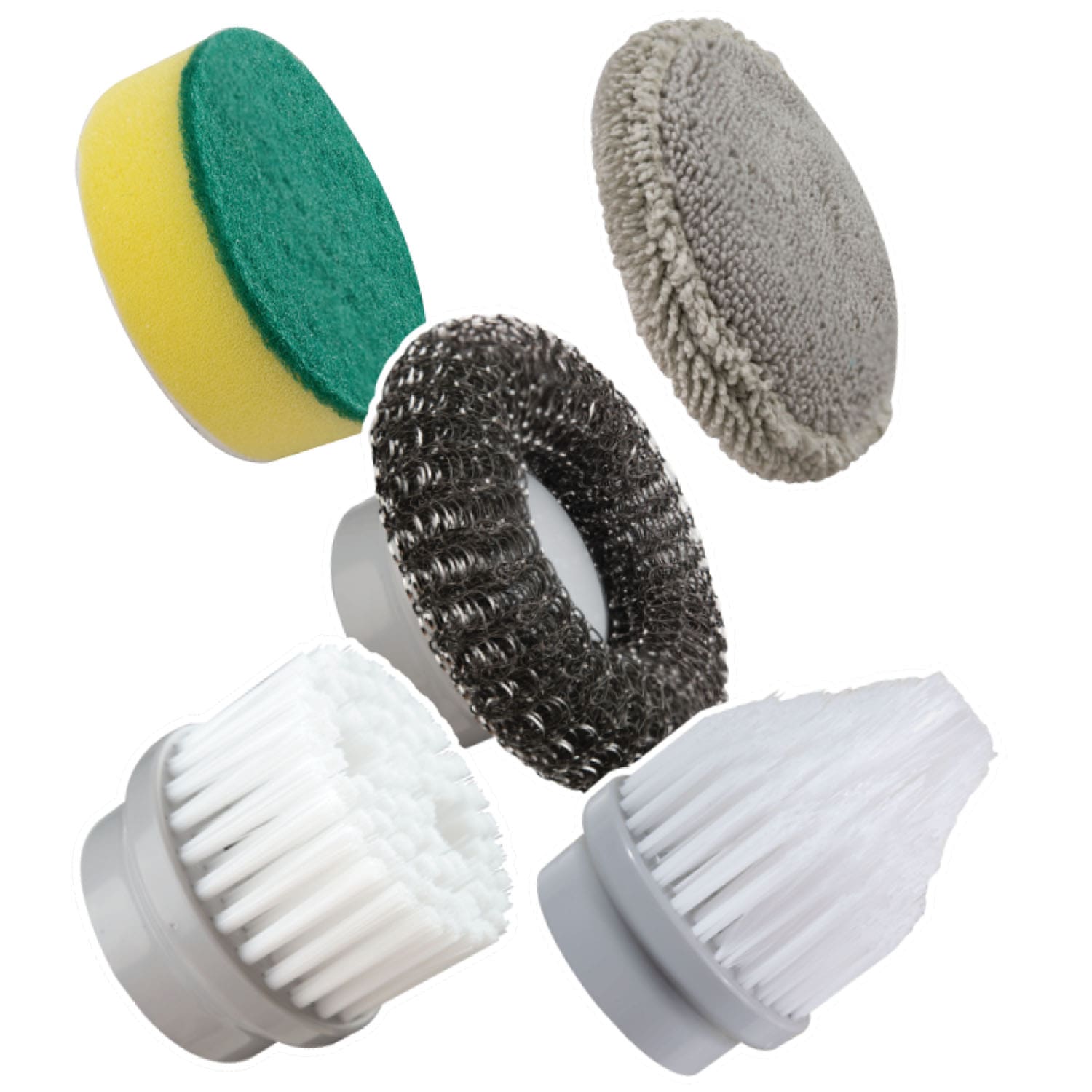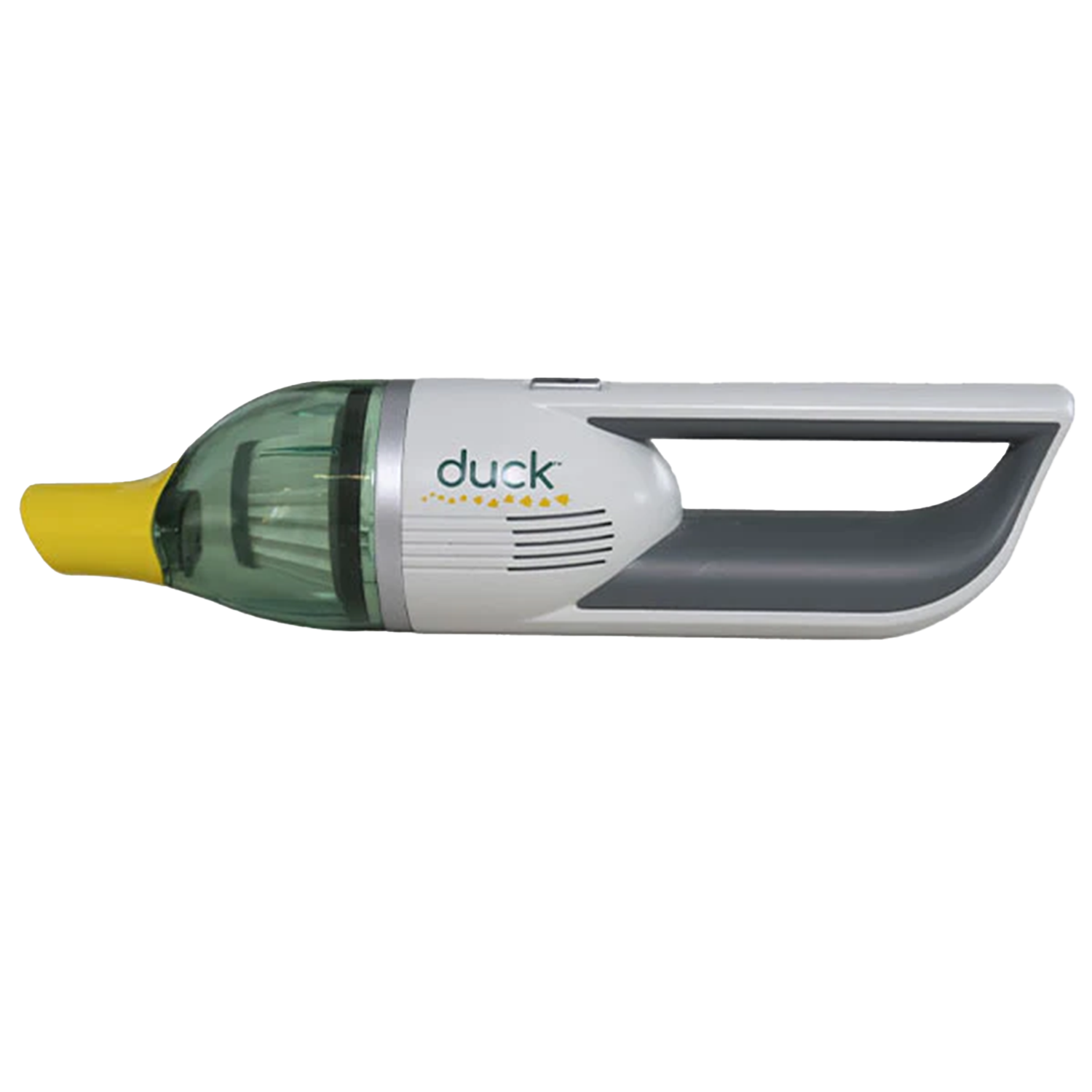
Declutter Your Life: The Psychological Benefits of a Tidy Home
The familiar adage "a tidy home, a tidy mind" has resonated with many of us, but have you ever paused to contemplate the truth behind this statement? Interestingly, the simple act of decluttering our living spaces goes beyond just creating an aesthetically pleasing environment; it brings forth a multitude of psychological benefits that profoundly influence our mental well-being and overall health. Let's delve into the world of decluttering benefits and delve into the intricate psychological effects of cleaning, gaining a deeper understanding of how maintaining a tidy home can have a transformative impact on our inner lives.
The Connection Between Clutter and Stress
Before delving into the benefits of decluttering, it is crucial to acknowledge clutter's role in our daily stress levels. A cluttered space can be a constant visual reminder of chaos, leading to sensory overload and a sense of being overwhelmed. Scientific studies have suggested that clutter competes for our attention, resulting in decreased performance and increased anxiety. When our personal spaces are disorganized, we may subconsciously feel like our lives mirror that disorganization, creating an internal dialog of failure and self-reproach.
Mental Health and the Tidy Home
Now, consider the flip side. A tidy home is not just about aesthetics—it's about setting a foundation for mental clarity and emotional equilibrium. When our surroundings are in order, it can help our minds process information more efficiently and build a sense of competence and control, which are crucial factors for positive mental health.
Decluttering Benefits - The Psychological Lift
One of the primary benefits of decluttering is the psychological lift it provides. Clearing out extra items can feel liberating, like shedding unnecessary weight. This process can boost energy and mood, a phenomenon often referred to as "the declutter high." When you sort through your belongings and decide what to keep and what to let go of, you are practicing decision-making and prioritization skills. This can lead to improved cognitive function and a sharper, more focused mind.
Moreover, the act of decluttering can endow a sense of accomplishment. Whether it’s the immediate gratification of a clean countertop or the long-term project of organizing a garage, every step in the process can enhance your sense of self-efficacy. You can see the progress as your environment transforms from chaotic to serene, and this visual evidence of your efforts can be incredibly satisfying.
Psychological Effects of Cleaning - Enhancing Your Mood
While decluttering is about removing objects from your space, cleaning is about maintaining that space, and it is as psychologically significant as decluttering itself. The psychological effects of cleaning are both direct and subtle. It’s not just about the physical act but also about what it communicates to your brain. A clean environment signals order and predictability, which can reduce feelings of anxiety.
Regular cleaning rituals can also promote a mindful state, where you focus on the present moment and the task at hand. This can have a meditative quality, quieting mental chatter and leading to a state of calm. Furthermore, the scent of a clean home, often associated with freshness, can reinforce positive mental associations and improve your mood.
The Serotonin Effect
When you take stock of your organized and clean environment, your body can release serotonin, a neurotransmitter associated with happiness and well-being. The physical exercise involved in cleaning and decluttering can also trigger the release of endorphins, which are natural mood lifters and pain relievers. The physical aspect of decluttering and cleaning, such as bending, stretching, and lifting, serves as a low-intensity workout that contributes to your overall health.
Tidy Home, Sound Sleep
An overlooked gem among decluttering benefits is improved quality of sleep. A cluttered and messy bedroom can subconsciously keep your mind active at night, leading to difficulty falling or staying asleep. On the contrary, a tidy and tranquil bedroom promotes a sense of peace, making falling asleep easier and enhancing the quality of your rest. Better sleep is intrinsically tied to mental health, impacting everything from mood stability to cognitive functions and stress resilience.
The Social Dimension of a Tidy Home
The state of our living space also has far-reaching social implications. A clean and organized home is often more welcoming, making social interactions and hosting less stressful and enjoyable. This can significantly enhance your social life and contribute to a sense of community and belonging, essential for mental well-being.
Decluttering is not just about tidying up physical space; it can also have a positive impact on family dynamics. The collaborative process of decluttering encourages family members to work together, communicate effectively, and make joint decisions about their living environment. As a result, a decluttered space can significantly decrease household tensions caused by misplaced items, disorder, and the resulting sense of chaos. This can lead to a more harmonious and peaceful atmosphere at home, enhancing the overall quality of family relationships.

The Journey of Decluttering
Embracing decluttering as a continuous, ongoing process rather than a one-time event is crucial. It's about cultivating daily habits and routines that promote a clutter-free and organized living space, ultimately contributing to your overall well-being. Consistently decluttering and organizing can help you feel more in control of your surroundings, fostering a sense of independence and empowerment. This proactive approach to maintaining a tidy home can have a positive impact on your mental and emotional health, creating a space that feels calm and uplifting.
Practical Tips for Maintaining a Tidy Home
To harness the psychological benefits of a tidy home, consider these decluttering strategies:
Start Small: Tackle one area at a time to avoid feeling overwhelmed. Completing small tasks provides a sense of achievement and motivates you to continue.
Use It or Lose It: If you haven’t used an item in the last year, consider donating, selling, or recycling it.
Create a Decluttering Schedule: Set aside regular times for decluttering and make it a habit.
Organize As You Go: Develop organization systems that make it easy to maintain a tidy home, such as designated places for keys or a filing system for paperwork.
Clean Regularly: Incorporate cleaning into your daily routine so it becomes less of a chore.
Mindfulness and Cleaning: Treat cleaning as a mindful activity rather than a task to be dreaded.
Wrapping Up
The state of our homes significantly impacts our mental health. Decluttering has many benefits, from reducing stress and anxiety to improving focus, mood, and sleep quality. The psychological effects of cleaning likewise help maintain these benefits and enhance the overall sense of well-being. Investing time and effort into creating and maintaining a tidy home is not just a pursuit of cleanliness; it’s an investment in your mental and emotional health.
As the world becomes increasingly hectic, carving out a serene space at home where you can retreat and recharge is more important than ever. So start today; declutter a drawer, organize a shelf, or make your bed. Each small step is a stride towards a tidier home and a clearer mind.














